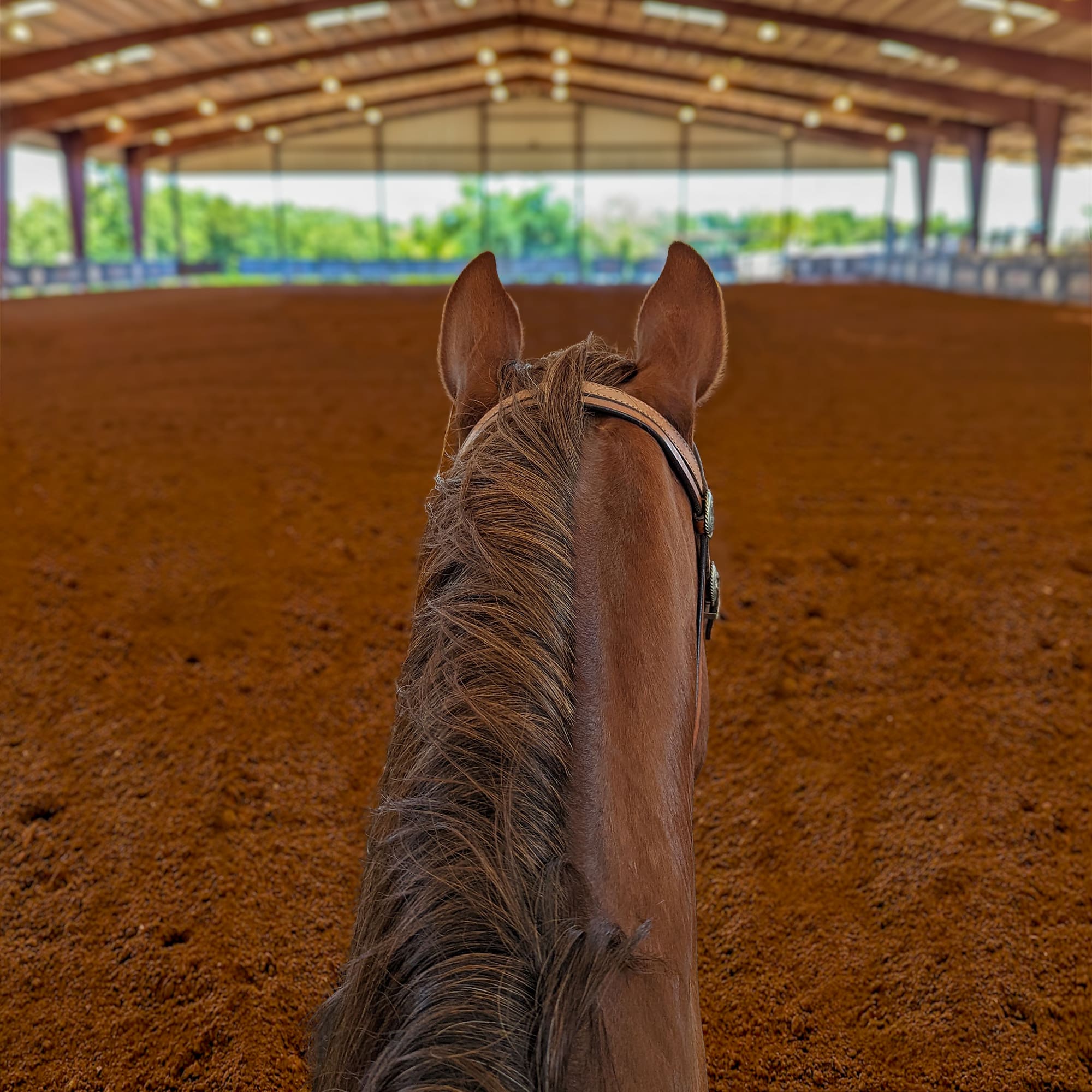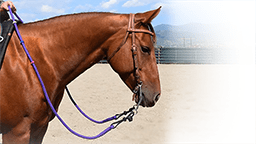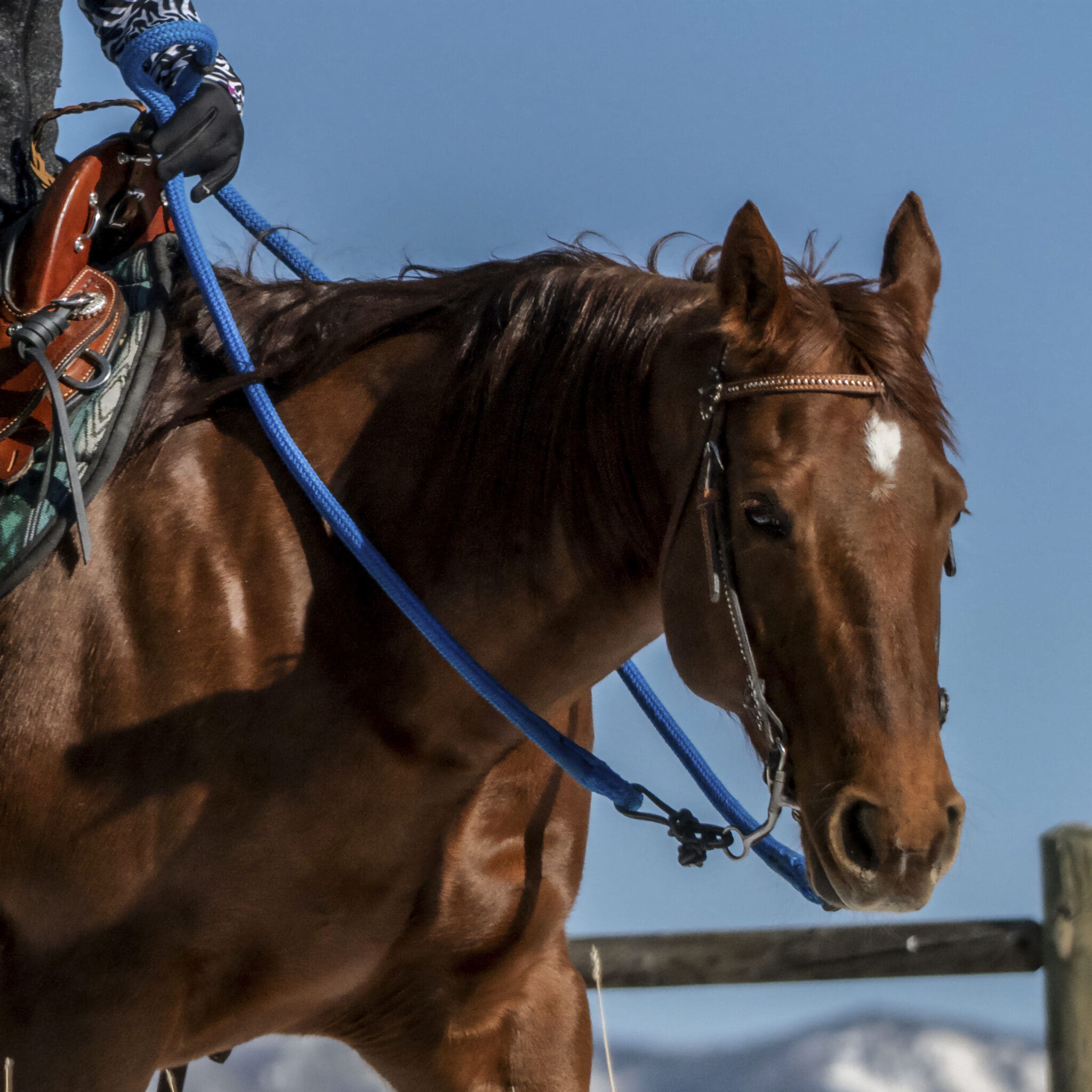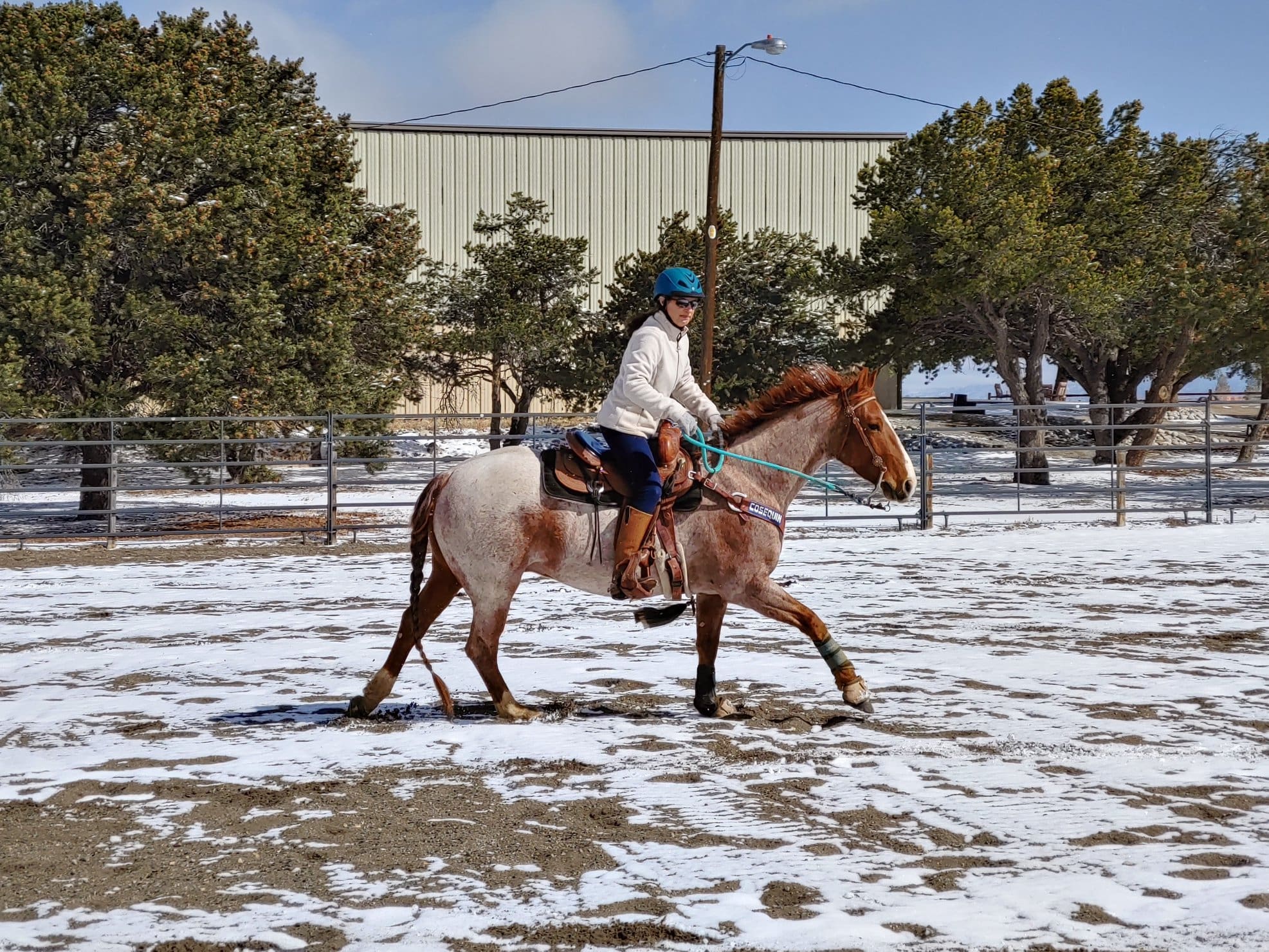
We are now 7 months into Horse Goals or Bust—setting goals, planning, training, practicing, and preparing. It’s prime riding season in most areas, so now is the time to put into action all the activities we’ve been planning.
For some of you, that may mean going to a clinic, a competition, or hitting the trail. Or you might be more focused on bonding with a new horse, regaining your mojo after an incident, or accomplishing a singular feat with your horse.
For myself, I am about to embark on a major journey that I’ve been planning, training for, and obsessing over for a year and a half. It seems like the final pieces of a 10,000-piece jigsaw puzzle are falling into place. At first, it seemed like this day would never come, and now I am panicking about where the time has gone. I am as anxious as I am eager!
But my big trip is not with my horse—see my monthly Horse Report to catch up on my horse-oriented goal for this year. My big journey this summer is on a boat—our own boat—and I’m the captain.
I have made a huge investment of time, money, education, equipping, planning, charting, cleaning and organizing. I’ve ridden out the anxiety, doubts, and roadblocks that have come up so far, and I think I am well-prepared for the first leg of my long journey south at the helm.
Between this journey and the horse people around me who share their stories and ask for my advice, I was reminded of the many lessons I’ve learned along the way. Now I’ll share some of those with you to help you make the most of your equestrian endeavors.

Be the Leader of Your Herd
As your horsemanship improves, so does your horse!
Ride the Horse Beneath You
It’s important to remember that your horse is not the same every day, or in every situation. Managing your horse’s energy, be it low or off-the-charts, often takes precedence over anything else.
Mark Rashid perfectly describes this skill on a scale of 10, with 1 being low energy and 10 being above the horse’s emotional threshold (meltdown stage). He says, “If your horse presents as a 9, you’d better be a 1.” And the reverse is true too.
Many factors, some outside your control, can affect the energy level or emotional state of your horse—and it can change quickly or build slowly. New places, unfamiliar horses, and unknown experiences can quickly lead to confusion and fear in your horse.
You need to first be aware of your horse’s changing emotional state, and then be able to adapt your energy level and how you are riding to the needs of the horse. Always ride proactively and with purpose. Reviewing the Golden Moments may help.
We’re not in Kansas Anymore
Riding in unfamiliar situations can be challenging, and horses often act differently than they do at home. Horses are very location-specific in what they learn and how they act.
If your plans involve taking your horse off-site, and your horse lacks experience (also called seasoning), you should expect the horse to be unsettled and anxious.
In time, and after doing the skills he has learned in many different locations, the horse becomes so accustomed to being in new places that he will act the same way at home as he does on the road.
Some horses adapt faster than others, but this doesn’t happen overnight. It takes months and years of consistent training. If you and your horse are in a new situation, be sensitive to your horse’s changing emotionality.
Does the horse need more time to settle in? What are some easy things you can ask your horse to do that will help him calm down, listen and respond to you? Look for opportunities to remind the horse of what he knows (think ground manners), and for opportunities to praise the horse, stroke his neck, and lower his head.
Keep your expectations in line with your experience level and skill set, and be aware of your horse’s emotions. Don’t expect your horse to perform at his peak when he’s away from home for the first time or in a new place. As my father liked to say, with horses, you should always be ready for the worst-case-scenario. Better to be pleasantly surprised than grossly disappointed.

Want a Saddle Fast, at the BEST Price?
Balanced Ride • Narrow Twist • Comfort for Horse & Rider
Ready to Ship Today! (719) 530-0531
Getting the Lay of the Land
Arriving early and scouting locations ahead of time is rarely a bad idea, and almost certainly results in being better prepared. Things like stabling conditions, distance to parking/bathrooms/water/etc., what turnout and arenas are accessible, what equipment is needed and not needed, are all good to know in advance.
Make a dry run if you can—especially if you are traveling with horses for the first time. Whatever activity you are embarking on, figure out a way to practice it, go through the motions, do something similar. If that’s not possible, at the very least you should play out the entire scenario in your mind and make a cheat sheet.
If your main goal this summer is to slay the monster in your closet, to do the one thing you haven’t checked off your list yet, break it down into the smallest steps you can.
Here’s one example: You have a new horse, and although you’ve come a long way in building confidence in him, the thought of taking him on the trail for the first time makes you anxious. You may have built it up to be bigger in your head than it is in reality. Break it down by walking the trail yourself, then taking the horse on the trail in-hand to see how he reacts. By then, you should feel less overwhelmed, and better prepared to accomplish the task.
Self-Doubt is Normal
Most people who know me think of me as a pretty confident person, and I am most of the time, but not all the time.
Fortunately, both my parents taught me to believe in myself, and to have courage and conviction. I’m not afraid to admit when I don’t know something, to try something I’ve never done before, or say “no” emphatically when I disagree. Still, there are times when my mind gets polluted with doubt.
No matter how confident or competent or talented you are, you will experience self-doubt at times. It’s a human condition. I have learned to ride out those moments, to think through the stressors, and have faith that it will pass.
I know that when I lay awake in the middle of the night, devolving in my thoughts, that once the sun comes up and sheds a little light on the subject, things will look different.
For me, a period of self-doubt is always followed by some sort of positive affirmation. In the worst moments of doubt, I remind myself that it happens to everyone, that there is a solution to every problem, and that something good is about to happen.
Slow Down and Breathe
Whatever your undertaking is—be it a major horse show, a multi-day pack trip, a single trail ride, a clinic, or moving forward after a confidence-shaking experience—it never hurts to slow down and breathe. Be present in the moment.
I remind myself of this when I am doing anything exciting, nerve-racking, or fun and I feel myself getting cranked up:
- Slow down
- Look around
- Review the plan
- Take a deep breath
- Think before you act
Even if the situation calls for you to spring into action—let’s say in an emergency—taking a deep breath and slowing things down, and moving deliberately will certainly help.
As you approach your horse activities this summer, remind yourself to slow down and breathe. Assess your horse, the situation, and the plan. Then move ahead with awareness, intention, and determination.



